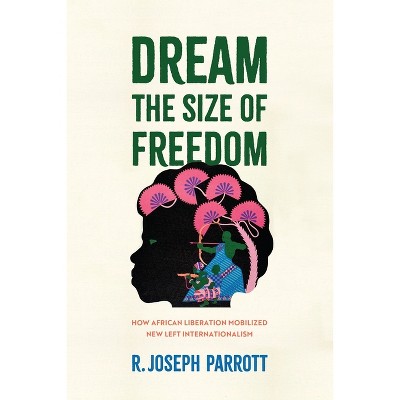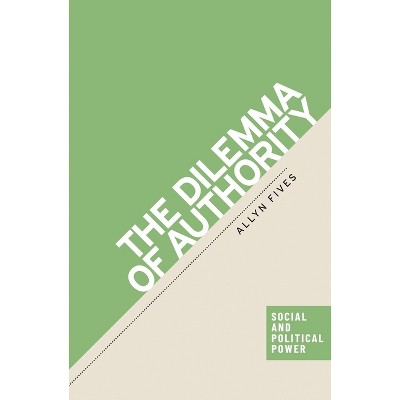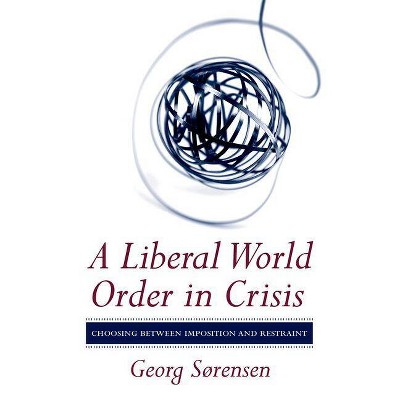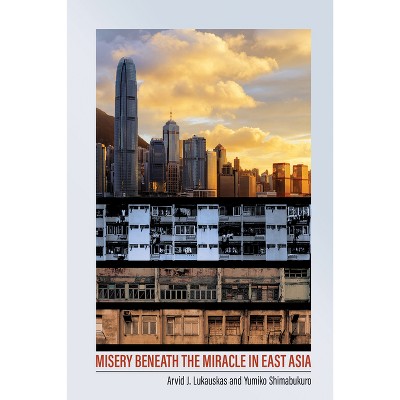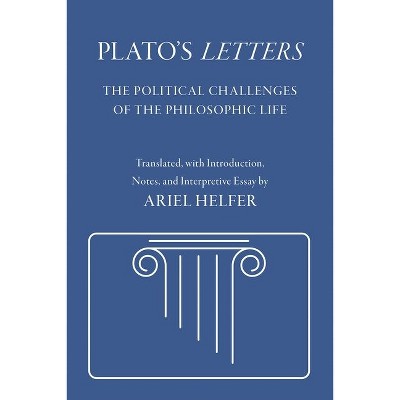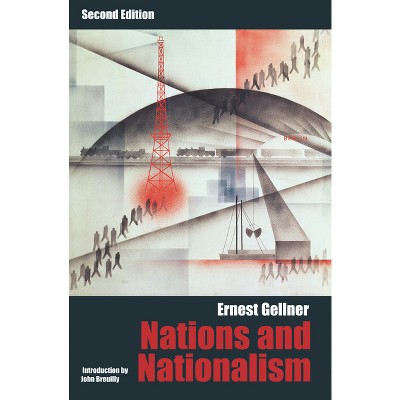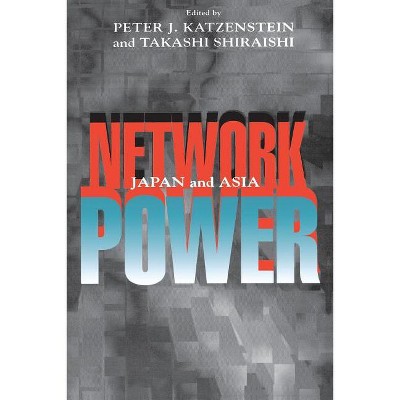Sponsored

Unsilencing - by Lilia Topouzova (Hardcover)
In Stock
Sponsored
About this item
Highlights
- Winner of the John D. Bell Memorial Book Prize of the Bulgarian Studies AssociationUnsilencing provides the first comprehensive study of Bulgaria's forced-labor camps, a network of repression that operated throughout the communist era from 1945 to 1989.
- About the Author: Lilia Topouzova is Assistant Professor of History and Creative Nonfiction at the University of Toronto.
- 318 Pages
- Political Science, Political Ideologies
Description
About the Book
"This book blends history and cinematography to describe competing memories of the communist past in Bulgaria, a country that remains largely understudied as a site of repression in early communism and one of the largest ethnically targeted persecution campaigns in late communism"--Book Synopsis
Winner of the John D. Bell Memorial Book Prize of the Bulgarian Studies Association
Unsilencing provides the first comprehensive study of Bulgaria's forced-labor camps, a network of repression that operated throughout the communist era from 1945 to 1989. Lilia Topouzova uncovers the hidden histories of these camps, often referred to as Bulgaria's "Little Siberia," where thousands were interned without trial, subjected to inhumane conditions, and silenced for decades.
Drawing on two decades of archival research, oral history interviews with survivors and perpetrators, and an array of primary sources, Topouzova reconstructs the harrowing reality of life behind barbed wire. She explores how the communist regime systematically used these camps to suppress dissent, target minority groups, and instill fear across the population. Unsilencing presents detailed accounts of key sites like the Belene and Lovech camps, revealing the brutalities endured by prisoners and the lasting scars these places left on Bulgarian society.
More than a historical recounting, Unsilencing examines the post-1989 period and how Bulgaria has grappled--or often failed to grapple--with its recent past. Topouzova assesses the country's efforts at transitional justice, including the short-lived truth commission and trials that sought to hold perpetrators accountable. She argues that the legacy of the gulag has been largely forgotten and deliberately obscured, leaving a vacuum in Bulgaria's collective memory that continues to affect its society and politics today.
About the Author
Lilia Topouzova is Assistant Professor of History and Creative Nonfiction at the University of Toronto. She is the scriptwriter of The Mosquito Problem and Other Stories, cowriter and codirector of Saturnia, and coauthor of The Neighbours, a multimedia installation showcased at the Venice Biennale.
Shipping details
Return details
Frequently bought together
Trending Non-Fiction




